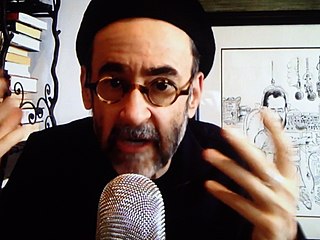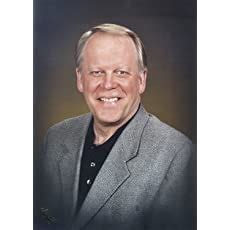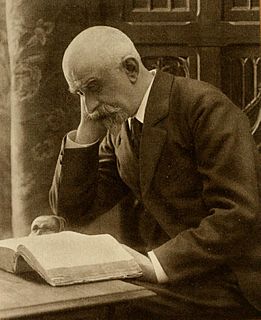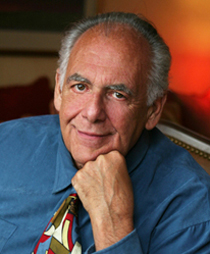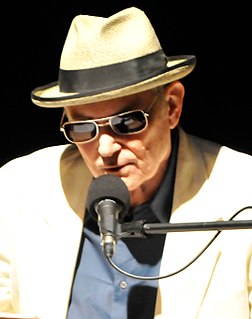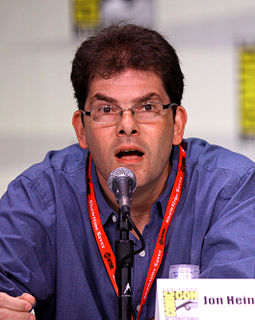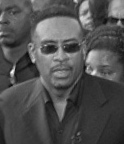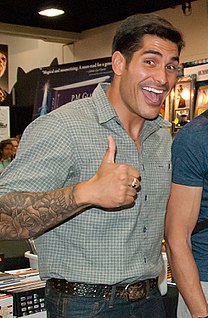A Quote by Lionel
Man... is an inextricable tangle of culture and biology. And not being simple, he is not simply good; he has... a kind of hell within him from which rise everlastingly the impulses which threaten his civilization. He has the faculty of imagining for himself more in the way of pleasure and satisfaction than he can possibly achieve. Everything that he gains he pays for in more than equal coin; compromise and the compounding with defeat constitute his best way of getting through the world. His best qualities are the result of a struggle whose outcome is tragic. Yet he is a creature of love.
Quote Topics
Achieve
Being
Best
Best Way
Biology
Civilization
Coin
Compounding
Compromise
Constitute
Creature
Culture
Defeat
Equal
Everything
Faculty
Gains
Getting
Good
Hell
Him
Himself
His
Imagining
Impulses
Kind
Love
Man
More
Outcome
Pays
Pleasure
Possibly
Qualities
Result
Rise
Satisfaction
Simple
Simply
Struggle
Tangle
Than
Threaten
Through
Tragic
Way
Which
Whose
Within
World
Related Quotes
Man is a spiritual being, a soul, and at some period of his life everyone is possessed with an irresistible desire to know his relationship to the Infinite. . . . There is something within him which urges him to rise above himself, to control his environment, to master the body and all things physical and live in a higher and more beautiful world.
I have repeatedly stressed that the selfish impulses of man constitute a much less historic danger than his integrative tendencies. To put it in the simplest way: the individual who indulges in an excess of aggressive self-assertiveness incurs the penalties of society-he outlaws himself, he contracts out of the hierarchy. The true believer, on the other hand, becomes more closely knit into it; he enters the womb of his church, or party, or whatever the social holon to which he surrenders his identity.
Man is more than his environment. It is from the innate quality of the Spirit in him, his inner storehouse, that he draws those ideas, his intuitions, which unify his perceptions of the external world instantaneously with a value which is qualitative and not quantitative, and which he embodies in the works of his culture - those achievements which belong not only to one particular time but to all times, and mark the path of his upward progress.
Everlastingly chained to a single little fragment of the Whole, man himself develops into nothing but a fragment; everlastingly in his ear the monotonous sound of the wheel that he turns, he never develops the harmony of his being, and instead of putting the stamp of humanity upon his own nature, he becomes nothing more than the imprint of his occupation or of his specialized knowledge.
A new danger now beset him [Grotius], the danger of becoming simply a venal pleader, a creature who grinds out arguments on this or that side, for this or that client: a mere legal beast of prey. Fortunately for himself and for the world he took a higher view of his life-work: his determination clearly was to make himself a thoroughly equipped jurist, and then, as he rose more and more in his profession, to use his powers for the good of his country and of mankind.
The way in which a man accepts his fate and all the suffering it entails, the way in which he takes up his cross, gives him ample opportunity — even under the most difficult circumstances — to add a deeper meaning to his life. It may remain brave, dignified and unselfish. Or in the bitter fight for self preservation he may forget his human dignity and become no more than an animal
The vanity extended most of all to his library, arguably the real love of Cicero's life. It is difficult to name anything in which he took more pleasure, aside possibly evasion of the sumptuary laws. Cicero liked to believe himself wealthy. He prided himself on his books. He needed no further reason to dislike Cleopatra: intelligent women who had better libraries than he did offended him on three counts.
The pleasure and the love of God for His creatures constitute the original state. His pleasure and love are the means by which He has brought His creatures into existence and are the cause of that bringing into existence. He who knows that he possesses neither being nor act rediscovers himself in that original state of pleasure and divine love.
At one point, for example, [Donald Trump] argued that he knew much more than military leaders about the pursuit and defeat of ISIS. His assuredness of his own correctness seems also rooted in arrogance reflecting his fundamental insecurity. This insecurity and his belief in his own rightness, when combined with his success at making money, leads him to be self-reliant in his decision-making, which could result in his taking risks with threatening or using nuclear weapons.
Adam Brown’s zest for life led him down a few dark alleys and more than one dead end. Kind-hearted and wild, Adam led a life that lacked direction. God, a woman, and the U.S. Navy gave it to him. FEARLESS is a love story...several love stories: a man for his woman, a warrior for his team, parents for kids, and soldiers for their country. There is no greater love than that a man lay down his life for his friends. Be warned—reading FEARLESS will change the way you see the world.
The belief that man is an irresolute creature pulled this way and that by two forces of equal strength, alternately winning and losing the battle for his soul; the conviction that human life is nothing more than an uncertain struggle between heaven and hell; the faith in two opposed entities, Satan and Christ - all this was bound to engender those internal discords in which the soul, excited by the incessant fighting, stimulated as it were by the constant promises and threats, ends up by giving in and prostitutes itself to whichever of the two combatants has been more obstinate in its pursuit.
